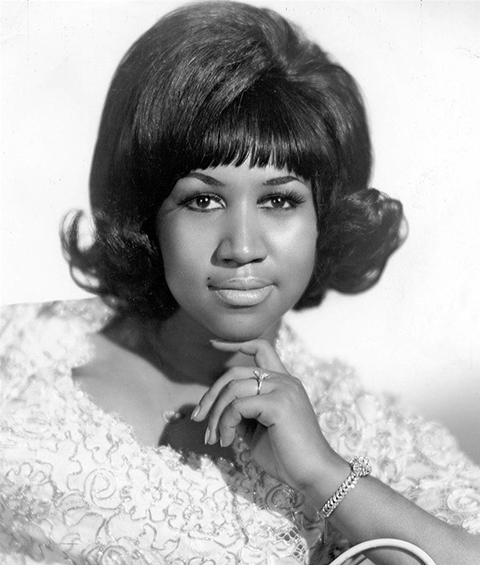The queen of soul, Aretha Franklin, has passed away from advanced pancreatic cancer at the age of 76 a month ago, and we mourn the passing of a bright star.
Aretha was a prodigy from the very beginning. She learned to play the piano by ear as a child, and by age 12 was already performing and earning money for the family in various churches. Her first album, “Songs of Faith,” was released when she was only fourteen.
From spiritual music, to blues, to R&B, to rock and roll, Aretha connected with her audience. She was recognized for it. She was the first female performer to be inducted into the rock and roll hall of fame in 1987. She was awarded the presidential Medal of Freedom, and was ranked in 2008 to be the greatest singer of all time by the Rolling Stone magazine. She won 18 Grammy awards, and has sold more than 75 million records worldwide.
Remarkable achievements from an extraordinary woman.
How did Aretha Franklin handle the finances from such success? What will happen to her estate now? Since she was diagnosed with an illness in 2010, did she make arrangements?
Here’s an interesting story from Billboard that answers some of those questions:
https://www.billboard.com/articles/news/8471888/aretha-franklin-business-estate
Some of the highlights:
- Aretha Franklin demanded to be paid in cash, to make sure everything stayed honest.
- She never made Forbes highest-paid celebrities list, but they estimated that her annual income was in the low seven figures.
- She was very strict in creating an environment to work in.
- One estate planning firm suggests her legacy could be worth as much a $1 billion when the recordings, the publishing, the goodwill, the name and likeness are added into the picture (Other sources have suggested ~$80 million).
Even though Aretha likely knew the end was nigh, reports indicate that she died without utilizing a will or trust services for the disposition of her estate.
Perhaps she felt that the laws of intestate succession were sufficient, and she didn’t need to keep the family financial affairs private. Perhaps she felt she would keep on going, so there was no need. We cannot know.
We do know that there are some benefits she missed out on by not utilizing trust services. Benefits such as: an easier way of transferring the assets, retaining a greater degree of privacy, or preventing possible family disputes.





